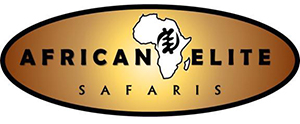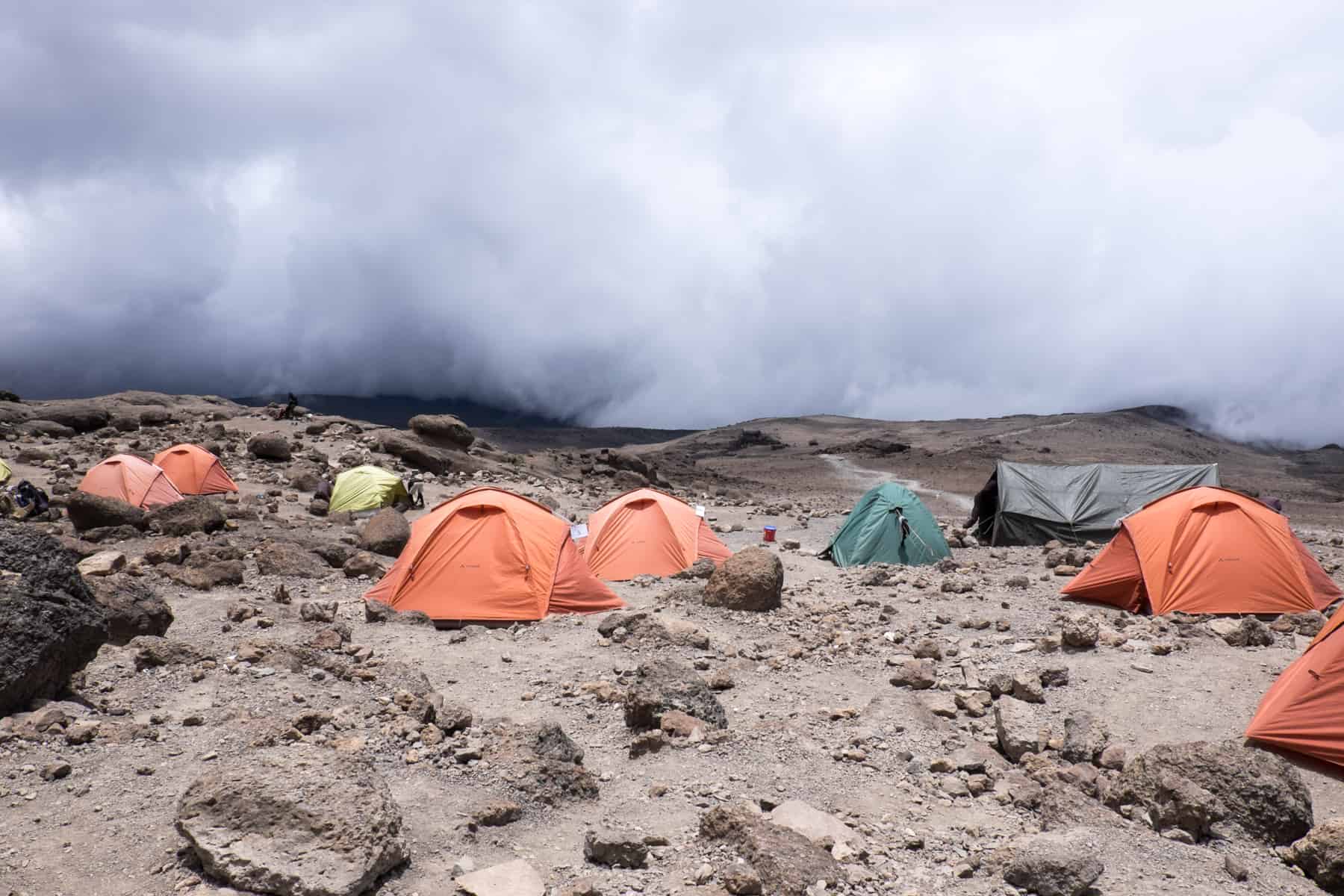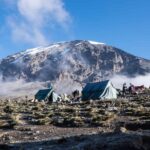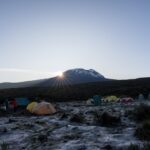7 Days Machame Route - Kilimanjaro Climbing
The Machame Route, also known as the Whiskey Route, is better suited for the more adventurous hiker and is one of the more scenic routes up Kilimanjaro.
TOUR ITINERARY
Day 0: Welcome to Tanzania
When you arrive, you will be met at the airport by our driver- with a sign bearing your name, then you will drive to Gold Crest hotel in Arusha for dinner and overnight.
Day 1: Machame Gate (1800m) to Machame Camp (2835m)
Hiking time: 7 hours
On the way to Mount Kilimanjaro National Park the journey passes through the village of Machame, which is located on the lower slopes of the mountain. Once you leave the park gate you will walk through the rain forest on a winding trail up a ridge until you reach the Machame Camp.
Day 2: Machame Camp (2835) to Shira cave Camp (3750m)
Hiking Time: 5 hours
Shortly after leaving the Machame camp you will leave the glades of the rain forest and continue on an ascending path to a steep rocky ridge, covered with heather. The route then turns west onto a river gorge onto the Shira Campsite.
Day 3: Shira Cave Camp (3750m) to Barranco Camp (3900m)
Hiking Time: 7 hours
From the Shira Plateau, you will continue to the east up a ridge eventually passing the Lava Tower, called the “Shark’s Tooth.” Shortly after the tower, you come to the second junction which brings you up to the Arrow Glacier and continuing on to the Barranco campsite.
Day 4: Barranco Camp (3900m) –Karanga Camp (3995m)
A steep climb up the Barranco Wall leads to the trail on the south-eastern side of Kibo, along the southern ice fields. You will enjoy the unique vegetation as you transition from the moorlands to the high alpine desert. The Barranco Wall does involve a fair bit of scrambling up the rock face, while not a technical climb, many see this a some of the most challenging terrain. From the top of the wall, there is only a short distance to our camp at Karanga.
Dinner and overnight at Karanga Camp (3995m), the last water point on the way to the summit.
Trekking time: 4-5 hours walking
Day 5: Karanga Camp (3995m) – Barafu Hut (4673m)
After breakfast we follow an easy path on compacted earth, with wide views, as we gain altitude to reach the Barafu Hut for lunch. Then following a full briefing of what we need for summit (how to dress and how to pack) and a health and safety briefing, we have an early supper and try to get some sleep.
Dinner and overnight at Barafu (4673m)
Trekking time: 3 – 5 hours walking
Day 6: Summit attempt Barafu Camp (4673m) – Uhuru Peak (5895m) – Mweka (3100m)
We start our ascent at about midnight to 1 am, depending on the fitness and speed of the climbers, so that we can be up on the crater rim by sunrise. The steep climb over loose volcanic scree and nice graded zig-zags and a slow but steady pace will take us to Stella Point (5756m), in about five or six hours. We will rest there for a short time to enjoy the sunrise over Mawenzi. For those are still feeling strong we will continue with the two-hour round trip from here along the crater rim to Uhuru Peak (5895m), passing close to glaciers and ice cliffs that still occupy most of the summit area. Following ample time for pictures at the summit, we begin the descent back to Barafu for lunch, and after some refreshments, we continue to descend to reach our final campsite at Mweka Camp.
Dinner and overnight at Mweka Camp (3100m)
Trekking time: 11-15 hours walking (it is a very long day!)
Day 7: Mweka Camp (3100m) – Mweka Gate (1640m)
A sustained descent on a well-constructed path takes us through a lovely tropical forest alive with bird-song, our route winds down to Mweka gate at 1640m. We will have lunch at the Gate, a ceremony with the porters congratulating you as you receive your certificate, issued at the gate. We will then drive back to the Gold Crest Hotel for a well-deserved shower.
Dinner on your own, overnight at Gold Crest hotel. Trekking time: 2-3 hours, Drive: 2-3 hour.
Price: 7 Days Machame Route
Number of Climbers | 1pax | 2pax | 3pax | 4pax | 5pax | 10+ px |
Price per person | $2,550 | $2,400 | $2,250 | $2,120 | $1,995 | $1,900 |
Total Number of Crew | 7 | 12 | 15 | 18 | 21 | 38 |
Overnight at Kosovo camp is optional; if you will overnight at Kosovo / high camp you will pay extra $118 per person. | ||||||
|
|
What Gear Do I Need to Bring?
Below is the equipment that you need to bring as your personal kit for the climb.
Other |
Accessories
Equipment Paperwork |



